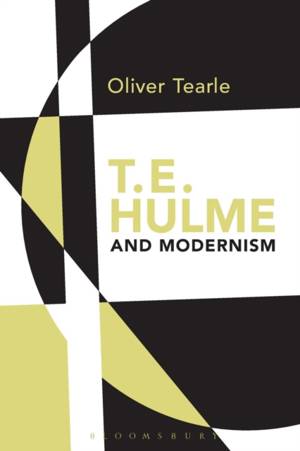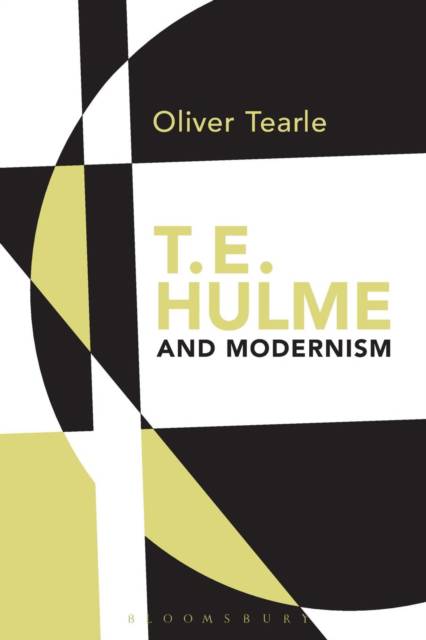
Bedankt voor het vertrouwen het afgelopen jaar! Om jou te bedanken bieden we GRATIS verzending (in België) aan op alles gedurende de hele maand januari.
- Afhalen na 1 uur in een winkel met voorraad
- In januari gratis thuislevering in België
- Ruim aanbod met 7 miljoen producten
Bedankt voor het vertrouwen het afgelopen jaar! Om jou te bedanken bieden we GRATIS verzending (in België) aan op alles gedurende de hele maand januari.
- Afhalen na 1 uur in een winkel met voorraad
- In januari gratis thuislevering in België
- Ruim aanbod met 7 miljoen producten
Zoeken
Omschrijving
T. E. Hulme (1883-1917) was the author of a small number of poems and some genuinely innovative critical and philosophical writings. From this modest output his influence on later writers was considerable: T. S. Eliot described his poems as 'beautiful' and Ezra Pound and Wyndham Lewis were both inspired by his work. T.E. Hulme and Modernism explores his impact on key modernist figures, and also shows where this influence has been misplaced or misinterpreted. Oliver Tearle also here suggests that Hulme's significance goes beyond his influence on modernism, and that his work provides new ways of thinking about creative and critical writing in the 21st century. What is poetry? What is the purpose of literary criticism? And how might the strange phenomenon of the fragment offer new ways of theorising such issues? In exploring these and other important matters this book pushes at the boundaries of literary criticism and of writing itself.
Specificaties
Betrokkenen
- Auteur(s):
- Uitgeverij:
Inhoud
- Aantal bladzijden:
- 208
- Taal:
- Engels
Eigenschappen
- Productcode (EAN):
- 9781474222907
- Verschijningsdatum:
- 26/02/2015
- Uitvoering:
- Paperback
- Formaat:
- Trade paperback (VS)
- Afmetingen:
- 155 mm x 231 mm
- Gewicht:
- 249 g

Alleen bij Standaard Boekhandel
+ 176 punten op je klantenkaart van Standaard Boekhandel
Beoordelingen
We publiceren alleen reviews die voldoen aan de voorwaarden voor reviews. Bekijk onze voorwaarden voor reviews.









